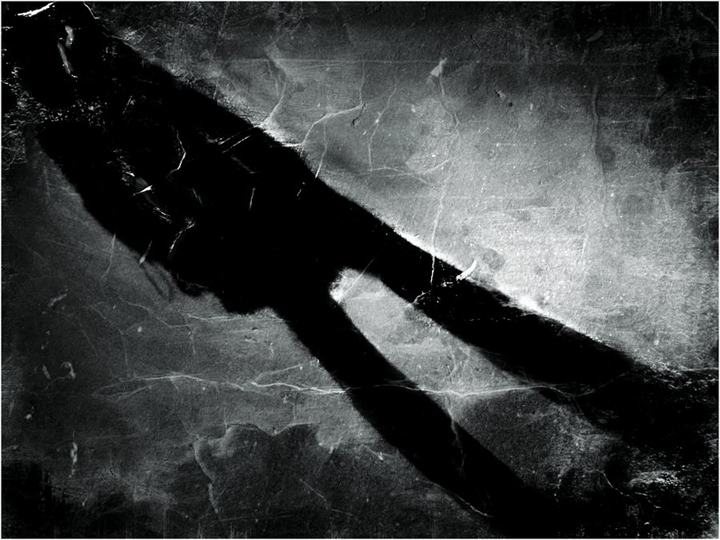On Being a Ghost
“Wer jetzt kein Haus hat, baut sich keines mehr.”
– Rainer Maria Rilke, Herbsttag
I’ve spent my life being a feral orphan – an outsider in my adopted culture and in both my beloved vocations. I suspect the attitude formed and hardened early, a result of being a bright loner and part of a politically persecuted family. In school I always sat in the very back, against the wall, able to see everyone and be seen by none. In science I consciously chose to explore paths rarely traveled – which set a feedback loop of invisibility even when the results of my research carved new paths. By deciding to write fiction and poetry in English but with content (and, in part, a mindset) rooted in my natal culture, I ensured invisibility in that domain as well.
At the same time, by becoming a bench scientist, I tethered myself to equipment, to the need for lab personnel. Being a hostage, a captive chained to oars, went against my grain. Sometimes I felt like Anakin immured inside his prison shell. Whenever I contemplated my precious unique reagents, I always thought of my great-grandparents, forced to abandon their home in Constantinople. Such an uprooting happened to me, too, though I kept control of the ensuing Viking funeral. I disassembled my lab with my own hands, walked away from my academic title with its ambiguous perks and prestige. Now I’m free again, a leaf on the wind, a nomad with few possessions except what’s between my ears.
As I write this, I am attending a two-day conference focused on RNA metabolism and its effects on brain function. I watch well-known names jockeying for dominance and more fame, newcomers fighting to establish territories and alliances, the stomping-till-churned-to-mud over this year’s “hot topics” and I find myself hard-pressed not to smile. Science and writing can no longer scrape my heart, even though I still love them passionately. Pain goes through me like neutrinos through matter. I wonder if that’s what Virginia Woolf meant when she spoke of the Olympian detachment she deemed the highest attainment for a creator – though I suspect she knew, as do I, that passion is the last thing to die in us.
 “They’re all gone now, and there isn’t anything more the sea can do to me…. I’ll have no call now to be up crying and praying when the wind breaks from the south //. I’ll have no call now to be going down // in the dark nights after Samhain, and I won’t care what way the sea is when the other women will be keening.”
“They’re all gone now, and there isn’t anything more the sea can do to me…. I’ll have no call now to be up crying and praying when the wind breaks from the south //. I’ll have no call now to be going down // in the dark nights after Samhain, and I won’t care what way the sea is when the other women will be keening.”
– Maurya, in Riders to the Sea by John Millington Synge
Images: The Wanderer and Her Shadow, by BobCatD; Moon-Tree-Owl (detail)



Lovely post, from start to finish.
Thank you, dear Heather! Now to get back to my fiction writing…
Athena, wow, great post. Do keep writing. You have important things to say, very worth reading.
Thank you for the lovely words, Laura!
Beautiful…and a little melancholy.
Thank you. It is autumnal, by intrinsic content as well as context specifics.
My melancholy hermana,
I vote that autumnal for us means drums and fires and lots of dancing in the honeyed fall of light that is seen at no other time of year. You’re not allowed to put down the pen (or laptop).
Sincerely,
The Latina contingent
Si, Comandante! The fires of fall are burning.
Sí man i yulma len enquantuva?
“The days have gone down in the West behind the hills into shadow.”
and yet,
“…my purpose holds
To sail beyond the sunset, and the baths
Of all the western stars, until I die.”
Lovely post, Athena- you bring a very different perspective to whatever topics you mention. 🙂
Very glad you liked it, Christopher!